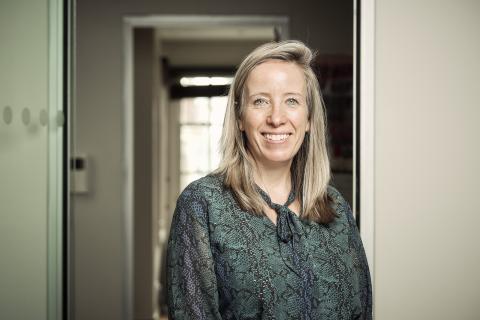Abi said "The results represent the first quarter as a fully combined company and present significant red flags for the firm moving forward."
She said that the declining users on Facebook are likely to have battered the click-through rates for Buzzfeed sites, as well as those all important ad eyeballs and added that although Buzzfeed posted hikes in both advertising and content revenue, she said this was likely attributed to the recent acquisition of Complex, which is a leader in engagement with 18-24 year old men. Watson said she was “uncertain” this could continue into next year once it becomes fully combined into the group.

